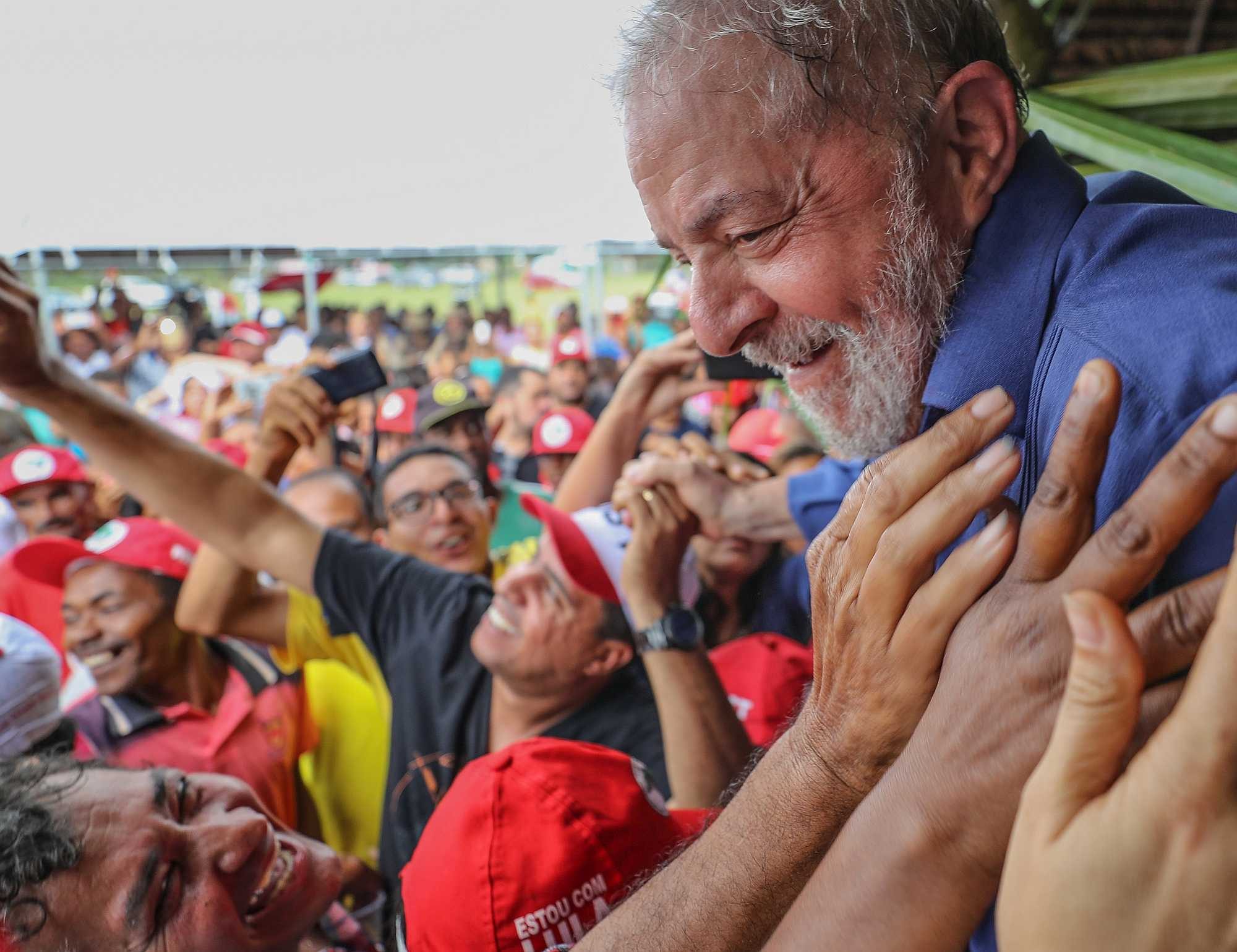Former President Lula da Silva told a Brazilian court on Wednesday that the corruption charges against him stem from a witch hunt and questioned the impartiality of the judge.
Lula’s deposition in Curitiba was the second time he faced off with Judge Sergio Moro, who oversees Brazil’s sprawling investigation into bribes to politicians in return for favors to companies.
In May, Brazil’s former leader also struck a defiant note when he testified in another case and Moro eventually found him guilty, sentencing him to 9 and a half years in prison. Lula is appealing that conviction.
“I am going to get home tomorrow and eat lunch with eight grandchildren,” Silva said. “Can I look my children in the eye and tell them that I testified in front of an impartial judge?”
Moro responded that he could, but Lula retorted: “That wasn’t what happened in the other case.” Moro, who repeatedly asked Lula not to make political comments, then cut off the recording.
In the case at hand on Wednesday, the former president is accused of corruption for allegedly accepting an arrangement in which construction giant Odebrecht would buy a piece of land that was supposed to be the site of new headquarters for the Instituto Lula.
Several other charges are pending for Lula, who has denied any wrongdoing and says the accusations are politically motivated.
“This is a witch hunt,” he told the court.
Last week, Lula’s former finance minister, Antonio Palocci, who has been in jail for a year, corroborated the accusation in this case. In court on Wednesday, Silva said he “pitied” Palocci and said he was lying to save his own skin.
Supporters of Lula, many wearing the trademark red of his Workers’ Party, gave him a rock star’s welcome as he made his way through the crowd to enter the court.
Another demonstration was staged in support of Moro.
The judge and Lula are two of the major players in the near-operatic drama that is the “Car Wash” investigation: Each has his own staunch supporters and bitter detractors.
The ex president is among the most senior politicians caught up in the probe, which is the largest in Brazil’s history and has jailed several executives as well.
Mercopress

